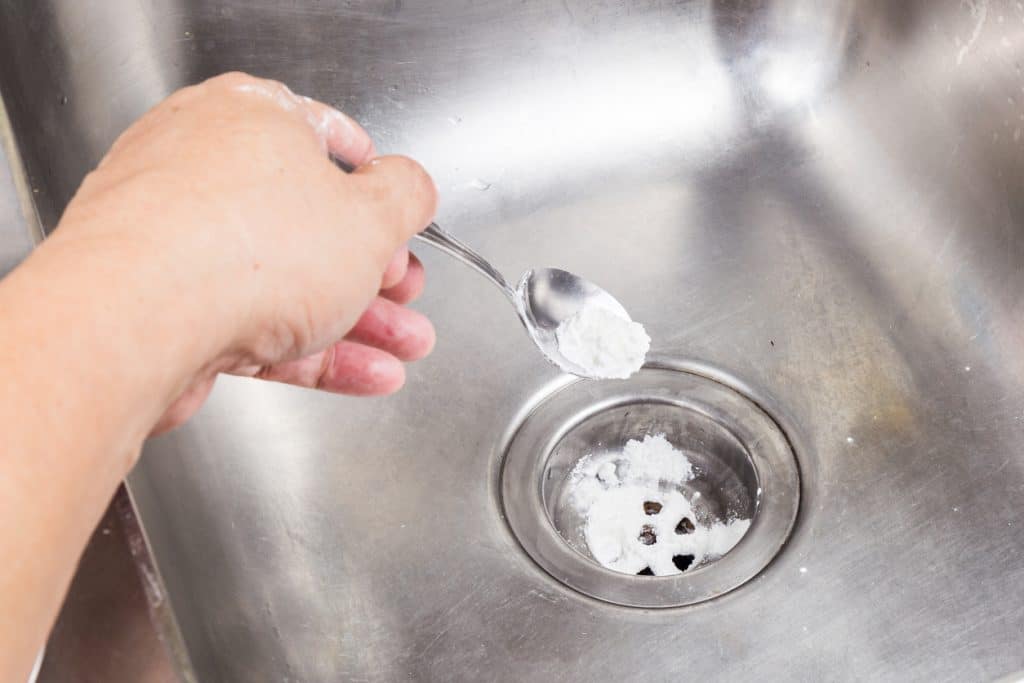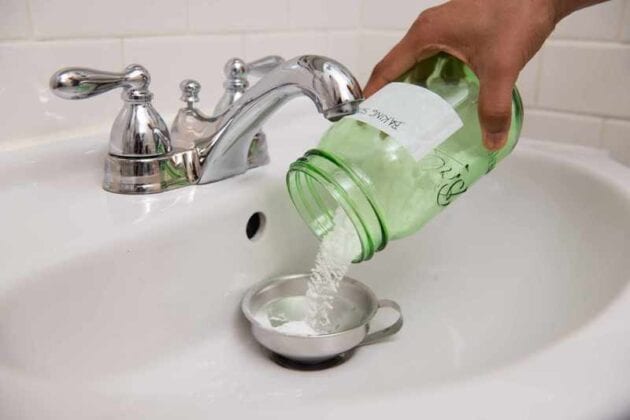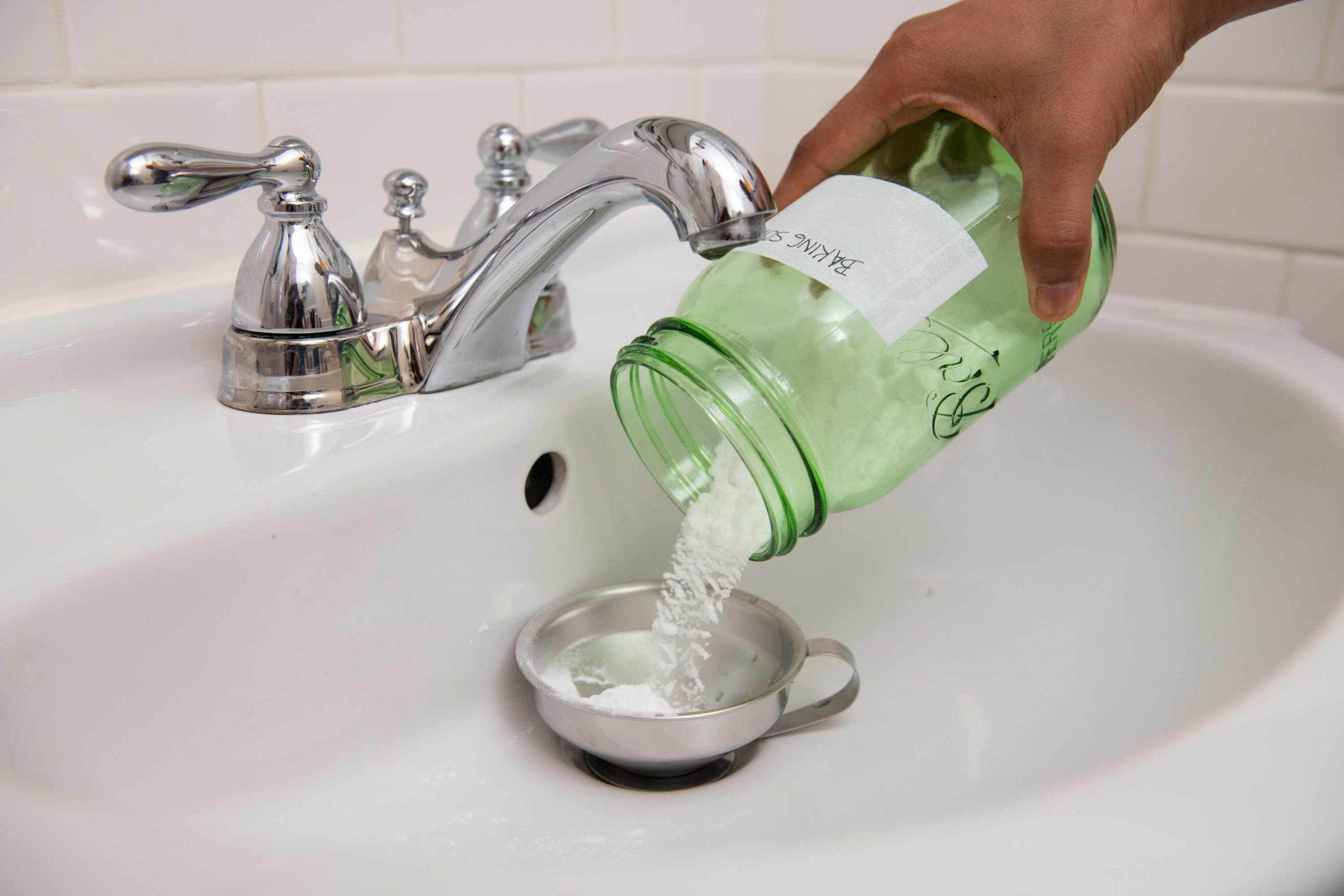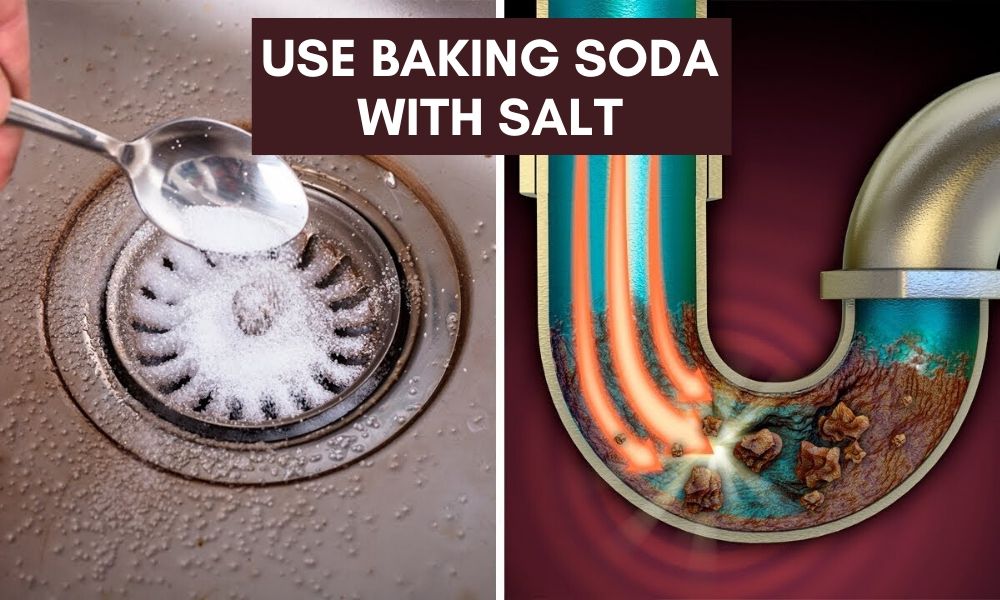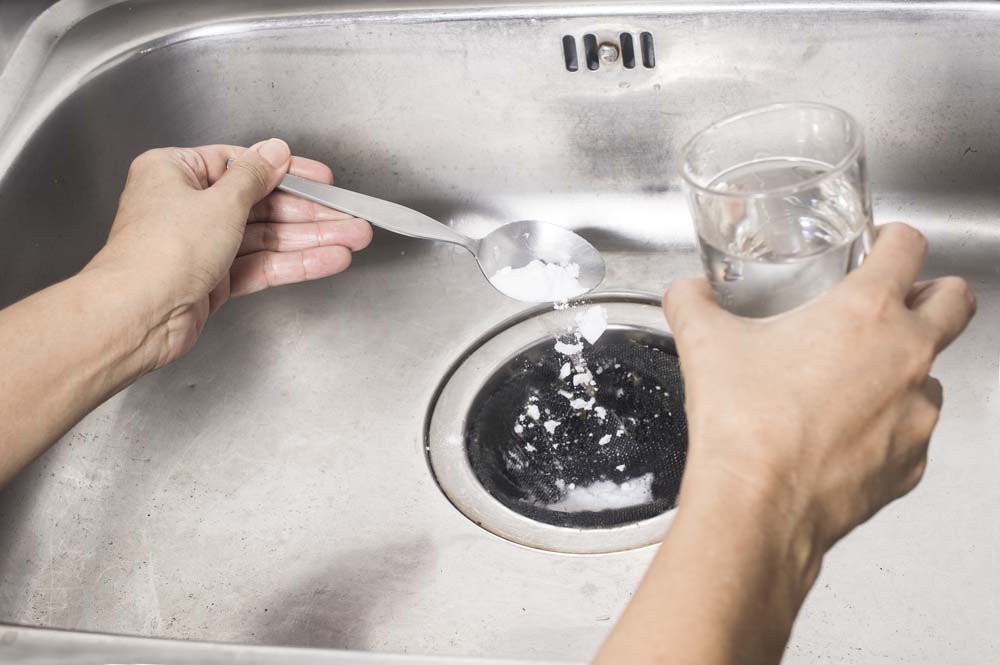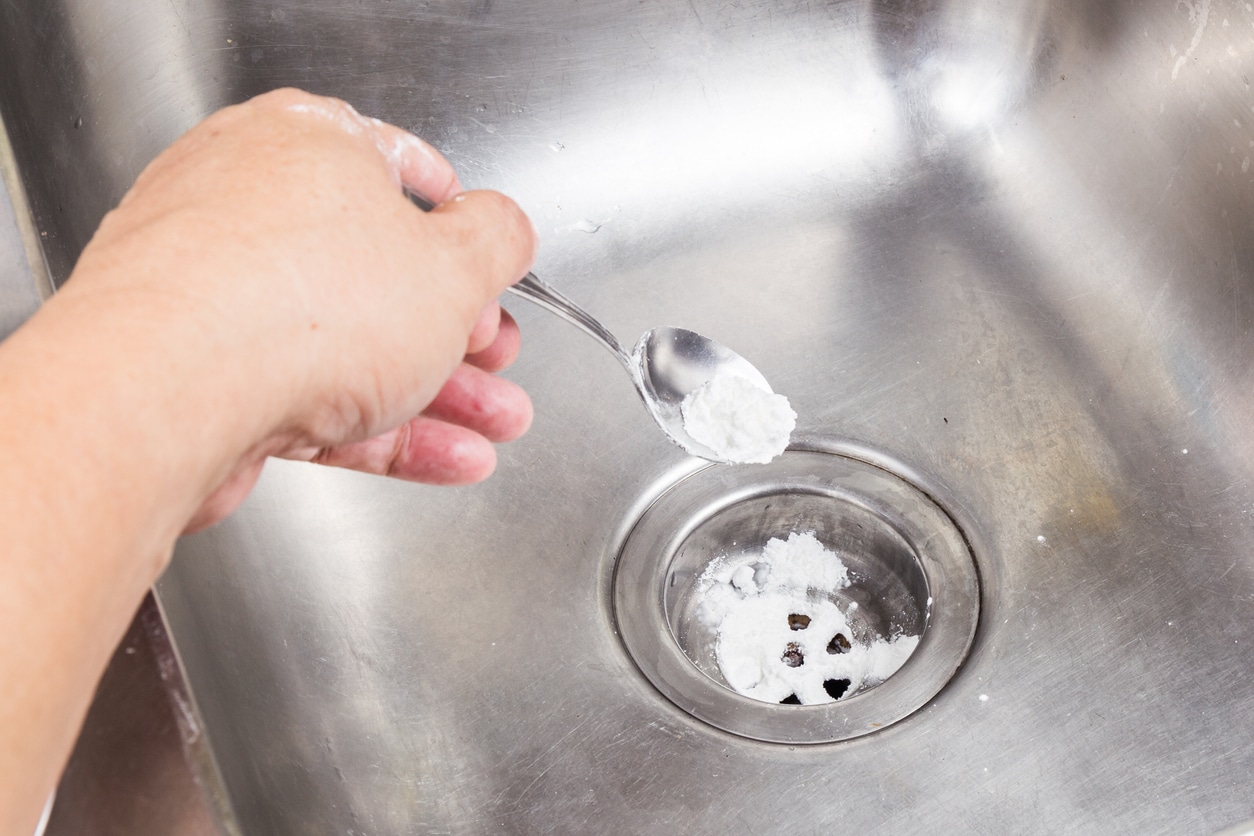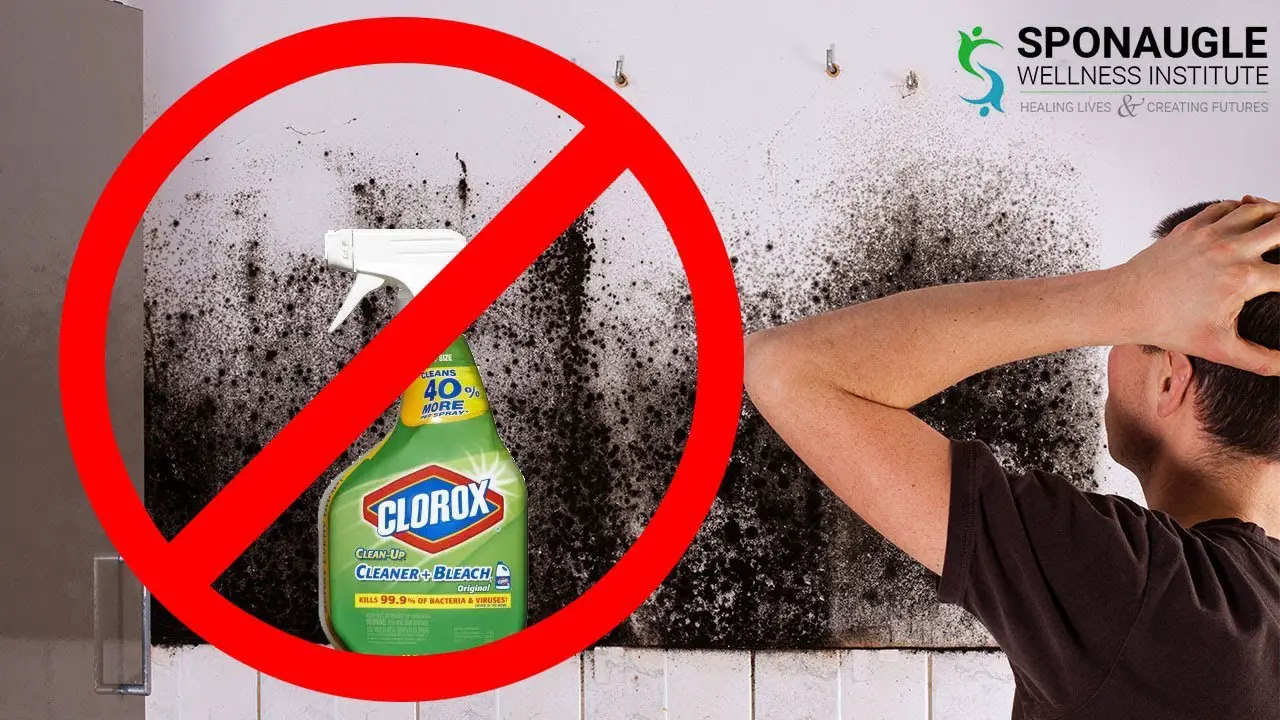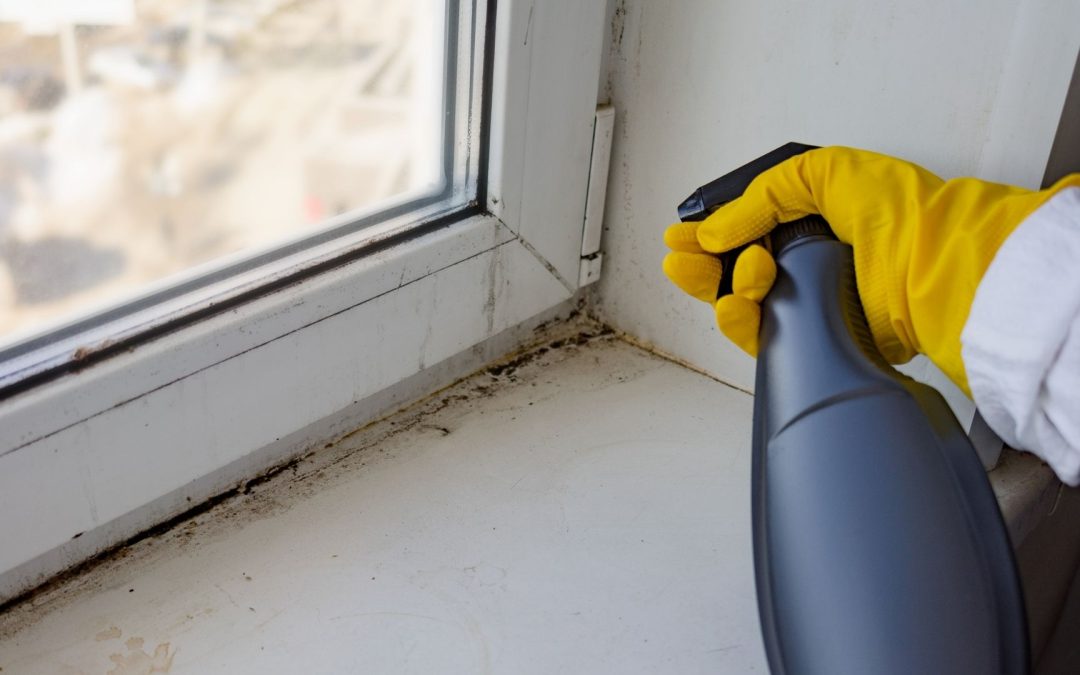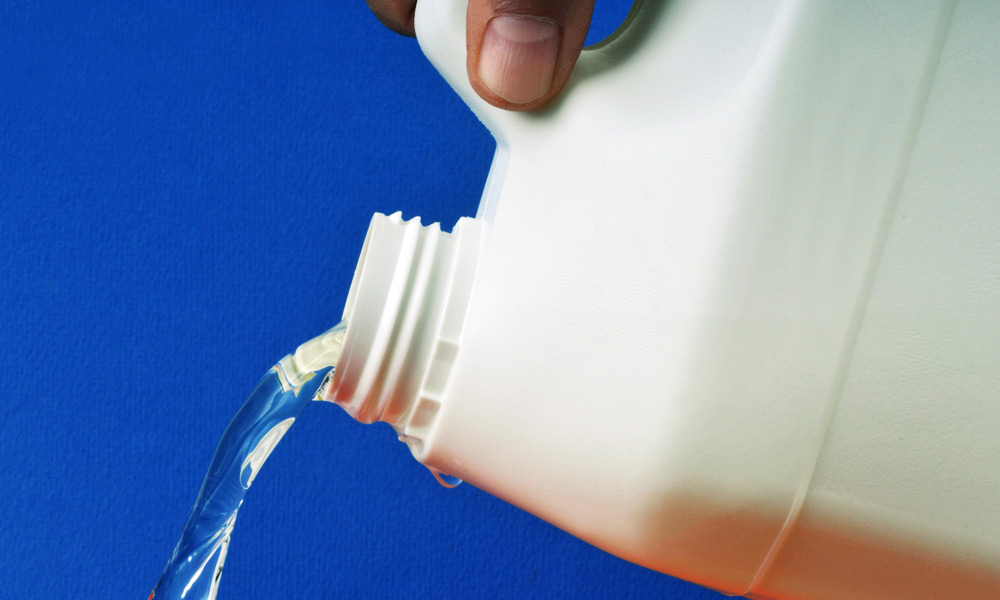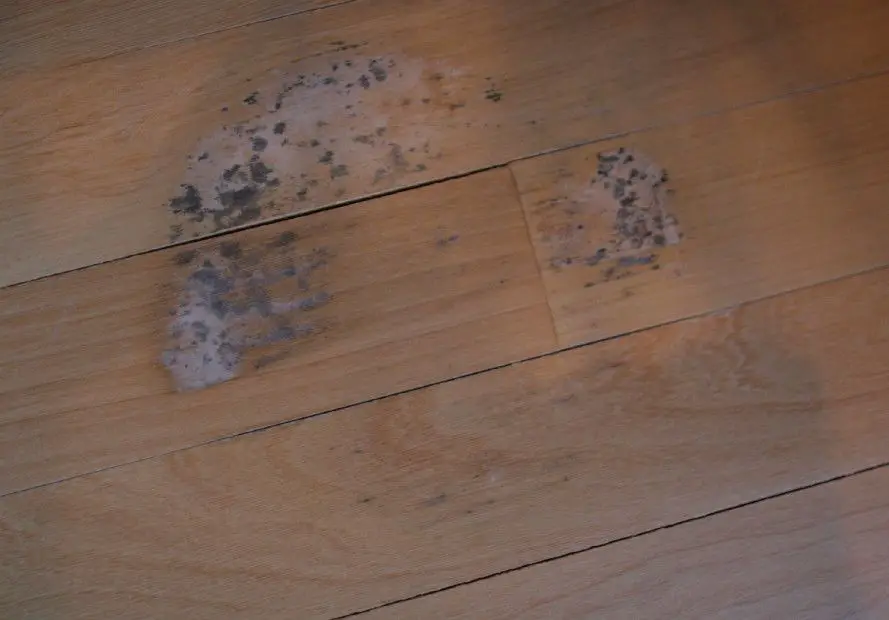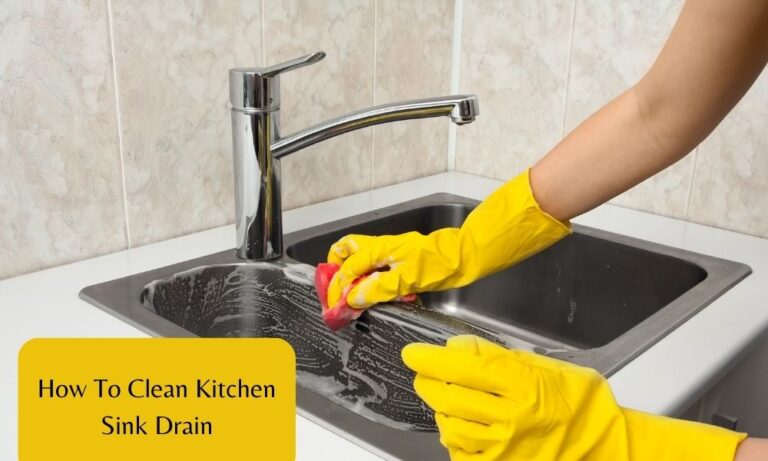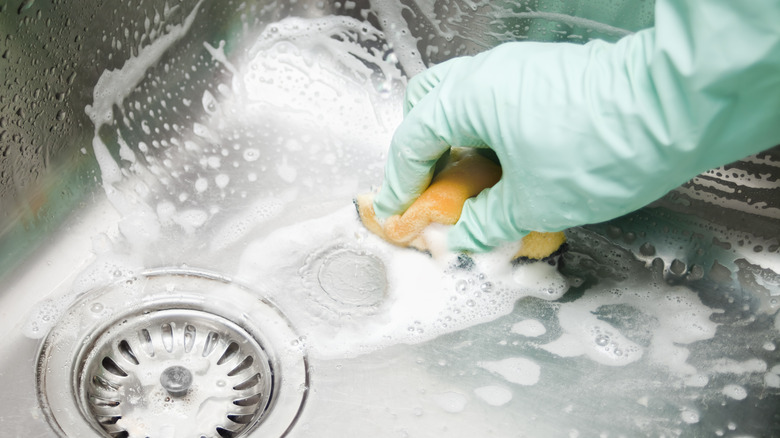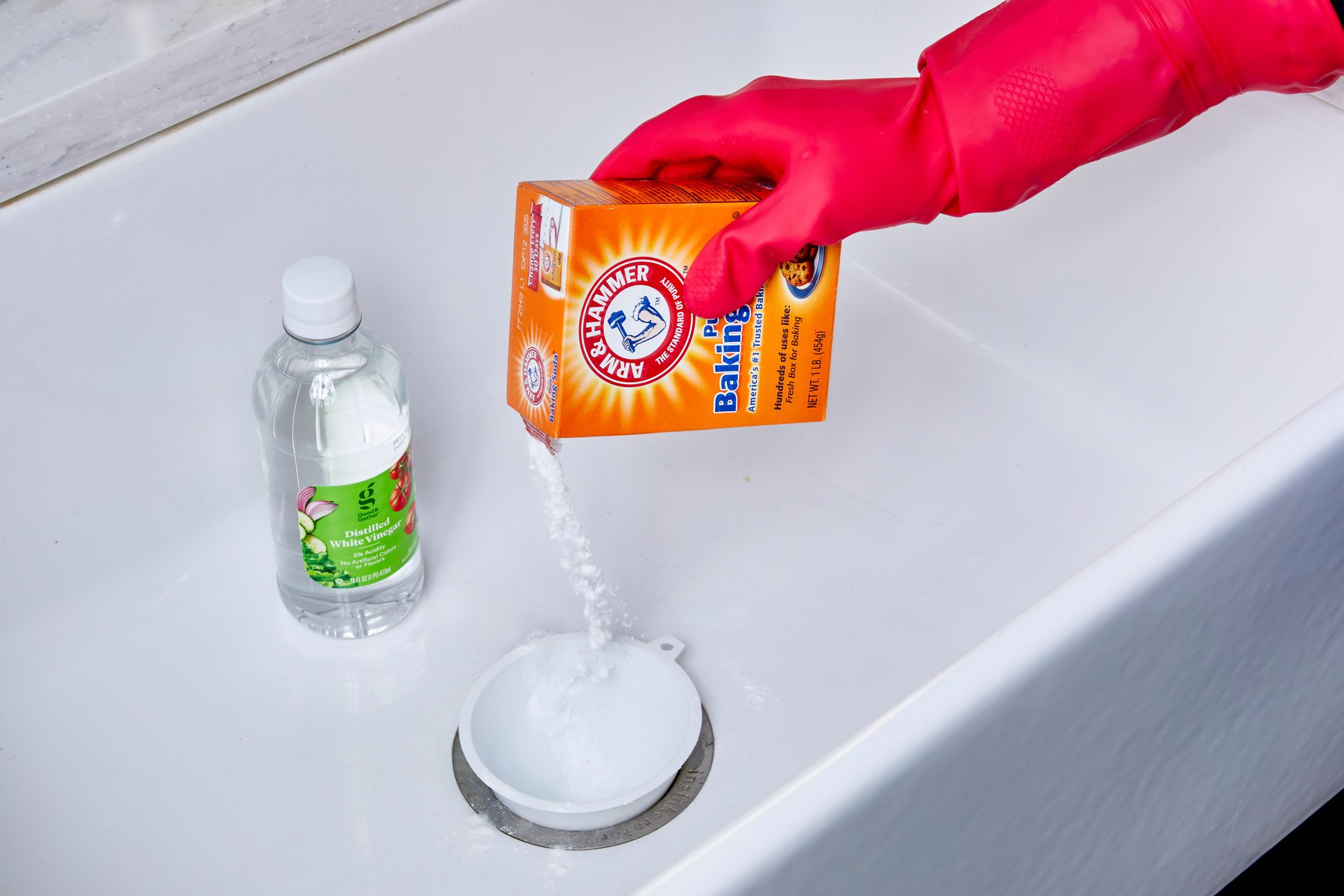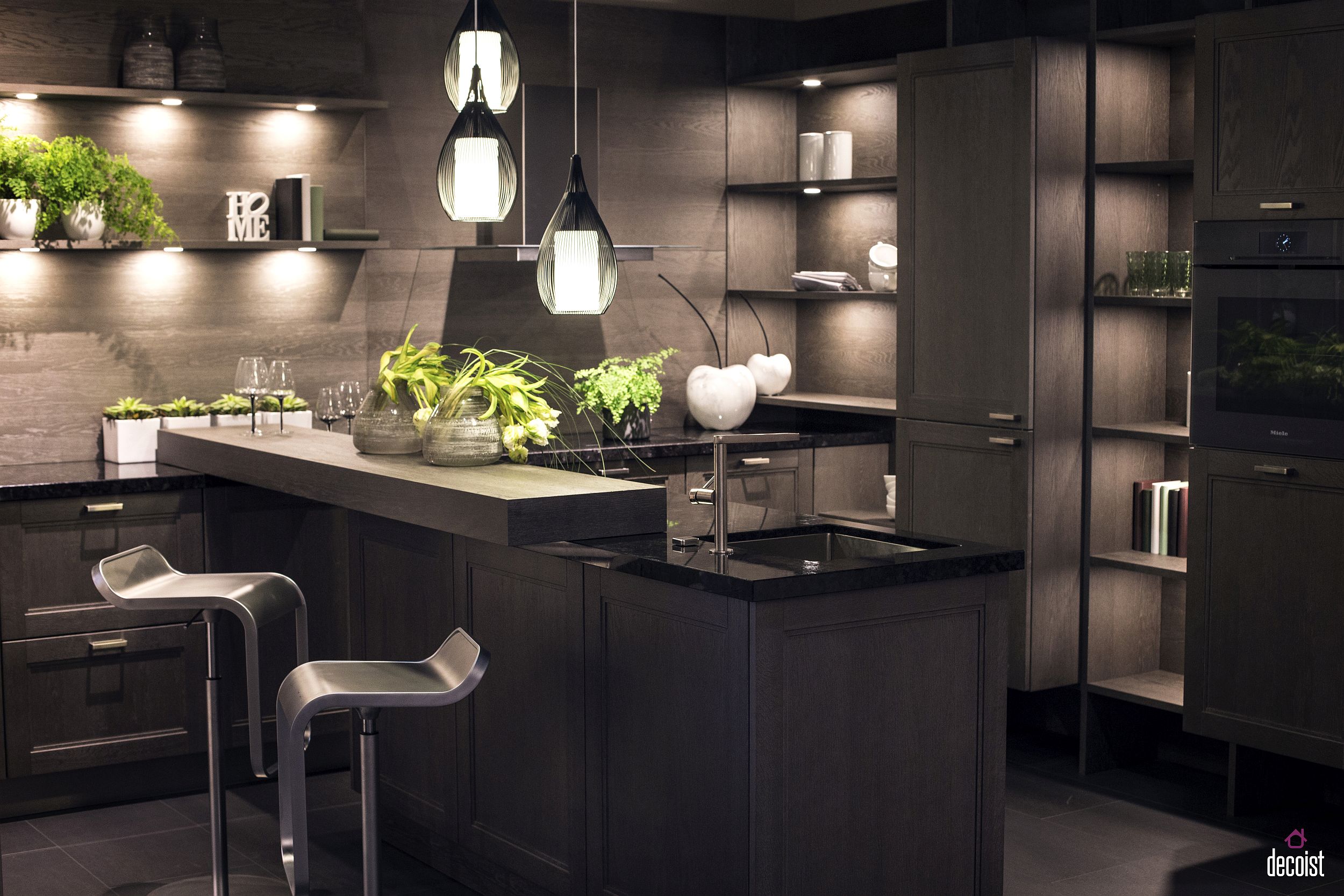How to Get Rid of a Musty Smell in a Kitchen Sink Drain
If you've noticed a musty smell coming from your kitchen sink drain, it can be quite unpleasant and even embarrassing when guests come over. Not only is it an unpleasant odor, but it can also indicate the presence of mold in your drain. But fear not, there are ways to eliminate the musty smell and prevent mold from growing in your sink drain. Here are 10 tips to get rid of that pesky smell and keep your kitchen smelling fresh.
How to Clean a Smelly Kitchen Sink Drain
The first step to getting rid of a musty smell in your kitchen sink drain is to clean it thoroughly. This includes removing any food debris, grease, or other build-up that may be causing the odor. You can use a pipe brush or a mixture of hot water and dish soap to scrub the inside of the drain. Be sure to also clean the sink strainer and any other removable parts.
How to Remove Mold from a Kitchen Sink Drain
If the musty smell is due to mold growth in your sink drain, it's important to remove it as soon as possible. Mix equal parts water and white vinegar and pour it down the drain. Let it sit for at least 30 minutes before rinsing it with hot water. You can also use a mixture of baking soda and water to scrub the drain and remove any remaining mold.
Causes of a Smelly Kitchen Sink Drain
Before we dive into how to prevent and get rid of the musty smell in your kitchen sink drain, it's important to understand the causes of the smell. The most common cause is food debris and grease build-up in the drain. This can lead to the growth of bacteria and mold, which can cause the unpleasant odor. Another common cause is a clogged drain, which can trap food particles and cause them to rot and produce a foul smell.
How to Prevent Mold in Kitchen Sink Drains
Prevention is key when it comes to keeping your kitchen sink drain smelling fresh. To prevent mold growth, make sure to clean your sink and drain regularly. You can also pour boiling water down the drain once a week to help flush out any build-up. Avoid pouring grease, oil, or other fats down the drain, as they can solidify and clog the drain, creating the perfect environment for mold to grow.
DIY Solutions for a Smelly Kitchen Sink Drain
If you prefer to use natural solutions to get rid of the musty smell in your kitchen sink drain, there are a few DIY methods you can try. One option is to pour a cup of baking soda down the drain, followed by a cup of white vinegar. Let it sit for 10-15 minutes before rinsing it with hot water. You can also use a mixture of lemon juice and hot water to clean and deodorize the drain.
How to Use Baking Soda and Vinegar to Clean a Kitchen Sink Drain
Baking soda and vinegar are two powerful ingredients that can help clean and deodorize your kitchen sink drain. To use this method, pour half a cup of baking soda down the drain, followed by half a cup of white vinegar. Let it sit for 10-15 minutes before rinsing it with hot water. The chemical reaction between the two ingredients will help break down any build-up and eliminate odors.
How to Use Bleach to Get Rid of Mold in a Kitchen Sink Drain
If you have a severe mold problem in your kitchen sink drain, you may need to use bleach to get rid of it. Mix one cup of bleach with one gallon of water and pour it down the drain. Let it sit for 10-15 minutes before rinsing it with hot water. Be sure to wear gloves and open windows for ventilation when working with bleach.
Natural Remedies for a Smelly Kitchen Sink Drain
Aside from baking soda and vinegar, there are a few other natural remedies you can use to get rid of a musty smell in your kitchen sink drain. One option is to pour boiling water mixed with a few drops of essential oils down the drain. You can also use a mixture of salt and lemon juice to scrub the drain and eliminate any odors.
How to Properly Maintain a Kitchen Sink Drain to Prevent Mold and Odors
Prevention is always better than having to deal with a smelly kitchen sink drain and mold growth. To properly maintain your drain, make sure to clean it regularly and avoid pouring any greasy or oily substances down the drain. You can also use a drain cover to catch any food debris and prevent it from going down the drain. Finally, be sure to pour hot water down the drain once a week to help flush out any build-up.
By following these tips, you can say goodbye to the musty smell in your kitchen sink drain and keep your kitchen smelling fresh. If the smell persists or you notice any signs of mold growth, it's best to call a professional plumber for further assistance.
Dealing with the Persistent Mold Smell Coming from Your Kitchen Sink Drain
Understanding the Source of the Mold Smell
 If you've noticed a musty, unpleasant odor coming from your kitchen sink drain, you're not alone. Many homeowners struggle with this issue, and it can be frustrating and embarrassing. Not only does it make your kitchen smell bad, but it can also indicate a potential mold problem in your home.
Mold
is a type of fungus that thrives in damp, dark environments, making your
kitchen sink drain
an ideal breeding ground. The mold smell can be caused by a variety of factors, including accumulated food particles, clogged drains, and leaks in the plumbing. It's essential to address the root cause of the problem to eliminate the mold smell for good.
If you've noticed a musty, unpleasant odor coming from your kitchen sink drain, you're not alone. Many homeowners struggle with this issue, and it can be frustrating and embarrassing. Not only does it make your kitchen smell bad, but it can also indicate a potential mold problem in your home.
Mold
is a type of fungus that thrives in damp, dark environments, making your
kitchen sink drain
an ideal breeding ground. The mold smell can be caused by a variety of factors, including accumulated food particles, clogged drains, and leaks in the plumbing. It's essential to address the root cause of the problem to eliminate the mold smell for good.
Removing Accumulated Food Particles
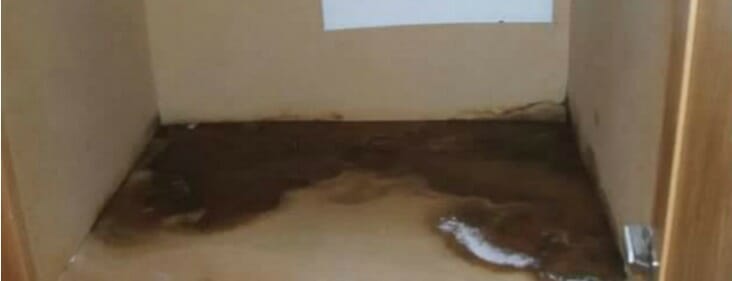 One of the most common reasons for a mold smell coming from your kitchen sink drain is the build-up of food particles. Over time, small pieces of food can get stuck in your drains, creating a perfect environment for mold to grow. This can be especially problematic if you have a garbage disposal, as it can further trap and break down food particles. To remove these particles, you can try pouring a mixture of hot water and
white vinegar
down the drain. The hot water will help loosen and dislodge any stuck food, while the vinegar will act as a natural disinfectant.
One of the most common reasons for a mold smell coming from your kitchen sink drain is the build-up of food particles. Over time, small pieces of food can get stuck in your drains, creating a perfect environment for mold to grow. This can be especially problematic if you have a garbage disposal, as it can further trap and break down food particles. To remove these particles, you can try pouring a mixture of hot water and
white vinegar
down the drain. The hot water will help loosen and dislodge any stuck food, while the vinegar will act as a natural disinfectant.
Unclogging the Drains
 Another potential cause of the mold smell in your kitchen sink drain could be a clog in the pipes. When debris, hair, and other materials get stuck in your pipes, they can create a blockage that traps moisture and allows mold to thrive. To clear a clogged drain, you can try using a plunger or a plumbing snake to remove any obstructions. If the clog persists, it may be best to call a professional plumber to avoid causing further damage to your pipes.
Another potential cause of the mold smell in your kitchen sink drain could be a clog in the pipes. When debris, hair, and other materials get stuck in your pipes, they can create a blockage that traps moisture and allows mold to thrive. To clear a clogged drain, you can try using a plunger or a plumbing snake to remove any obstructions. If the clog persists, it may be best to call a professional plumber to avoid causing further damage to your pipes.
Addressing Leaks in the Plumbing
.png) If you've ruled out food particles and clogs as the source of the mold smell, it's essential to check for any leaks in your plumbing. Even a small drip can provide enough moisture for mold to grow and spread. Inspect your pipes, faucets, and any other plumbing fixtures for any signs of leaks, such as water stains or puddles. If you find a leak, it's crucial to fix it as soon as possible to prevent further mold growth and potential water damage.
If you've ruled out food particles and clogs as the source of the mold smell, it's essential to check for any leaks in your plumbing. Even a small drip can provide enough moisture for mold to grow and spread. Inspect your pipes, faucets, and any other plumbing fixtures for any signs of leaks, such as water stains or puddles. If you find a leak, it's crucial to fix it as soon as possible to prevent further mold growth and potential water damage.
Maintaining a Clean and Dry Sink Drain
 Once you've addressed the root cause of the mold smell in your kitchen sink drain, it's essential to maintain good habits to prevent it from returning. Regularly cleaning your sink and drain with a mixture of hot water and
baking soda
can help prevent the build-up of food particles and bacteria. You can also pour a mixture of hot water and
bleach
down the drain once a month to kill any remaining mold spores. Additionally, be sure to keep your sink and drain dry to prevent any moisture from accumulating.
In conclusion, a persistent mold smell coming from your kitchen sink drain may be unpleasant, but it is not a problem that can't be solved. By understanding the source of the smell and taking proactive measures to eliminate it, you can enjoy a fresh and clean kitchen once again. Remember to regularly clean and maintain your sink and drain to prevent the mold smell from returning. If the problem persists, it may be best to seek help from a professional plumber to ensure your plumbing is in good condition.
Once you've addressed the root cause of the mold smell in your kitchen sink drain, it's essential to maintain good habits to prevent it from returning. Regularly cleaning your sink and drain with a mixture of hot water and
baking soda
can help prevent the build-up of food particles and bacteria. You can also pour a mixture of hot water and
bleach
down the drain once a month to kill any remaining mold spores. Additionally, be sure to keep your sink and drain dry to prevent any moisture from accumulating.
In conclusion, a persistent mold smell coming from your kitchen sink drain may be unpleasant, but it is not a problem that can't be solved. By understanding the source of the smell and taking proactive measures to eliminate it, you can enjoy a fresh and clean kitchen once again. Remember to regularly clean and maintain your sink and drain to prevent the mold smell from returning. If the problem persists, it may be best to seek help from a professional plumber to ensure your plumbing is in good condition.






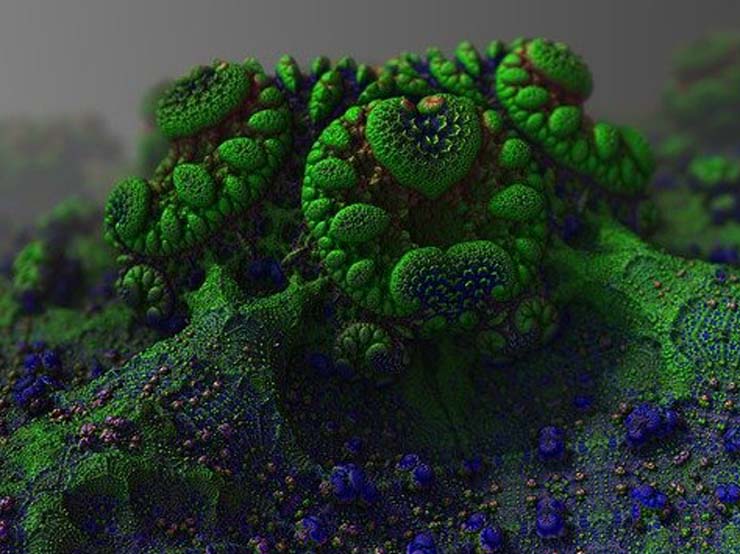



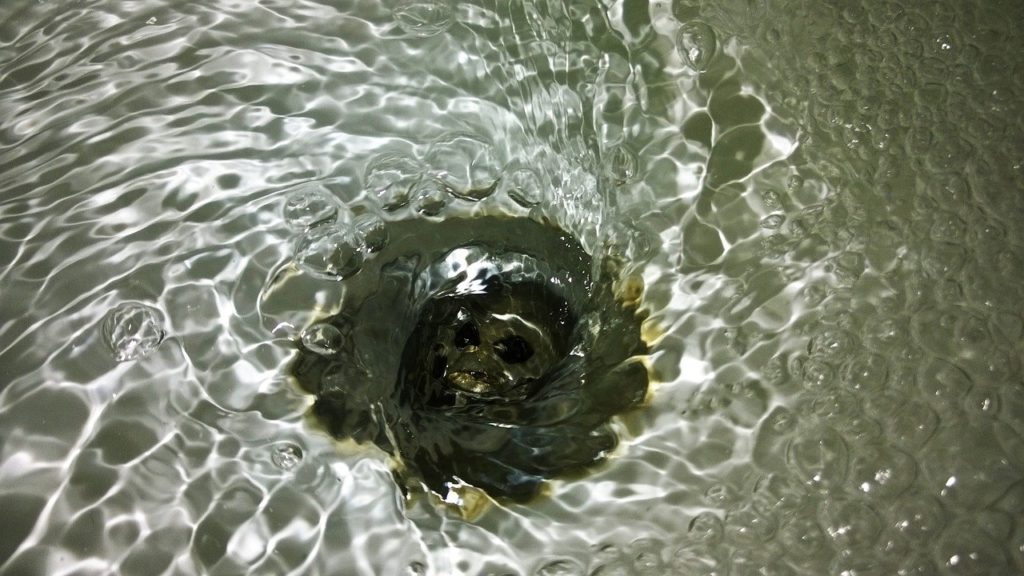

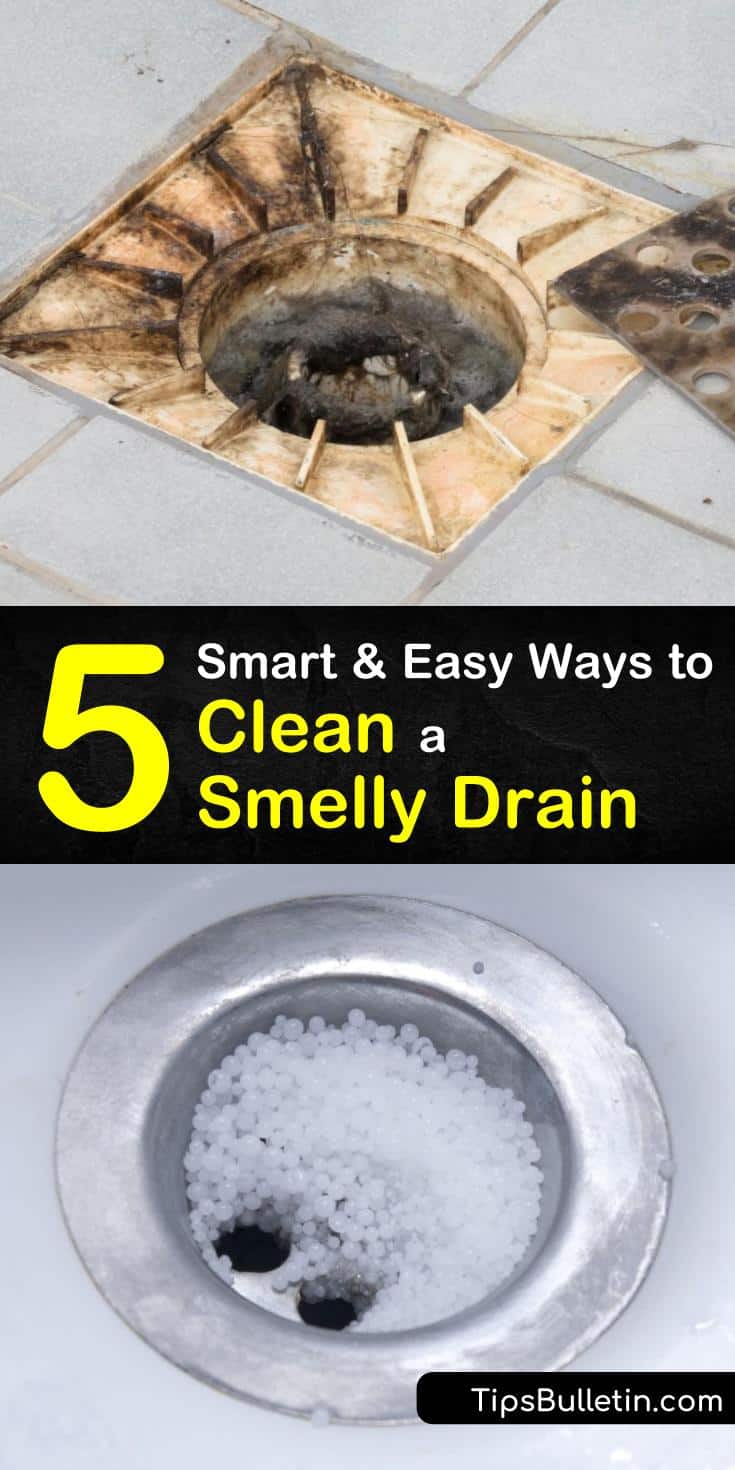





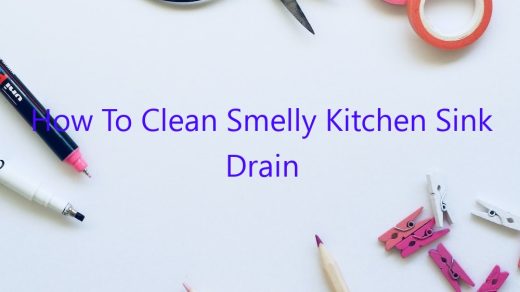
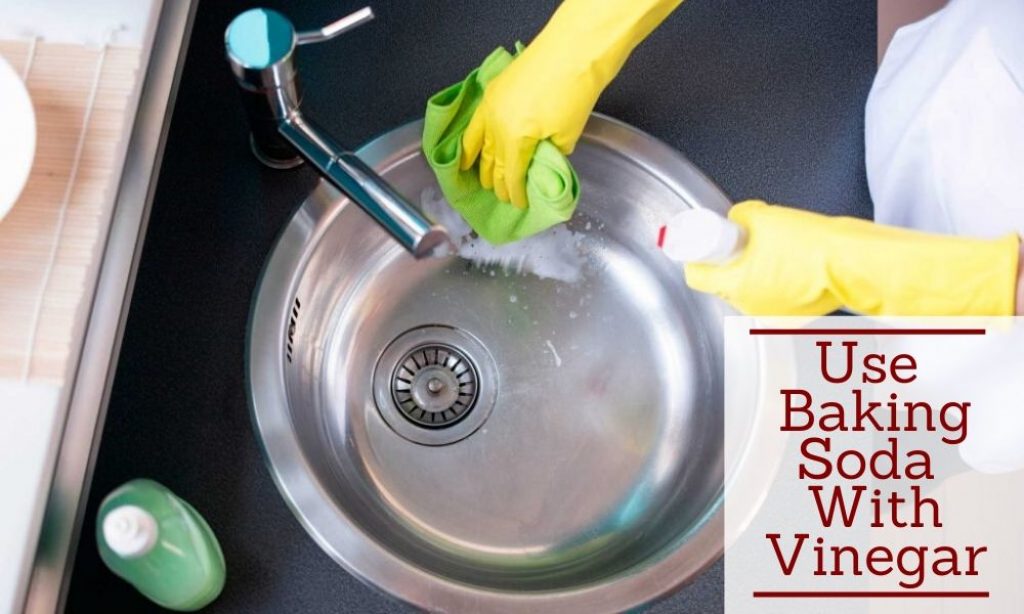









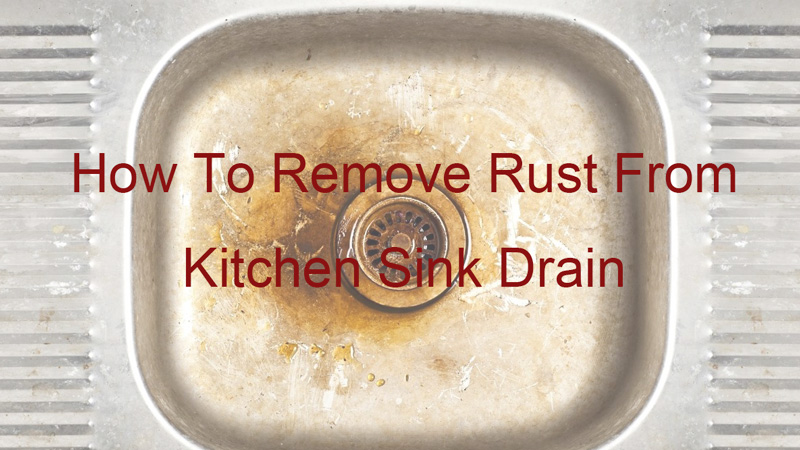

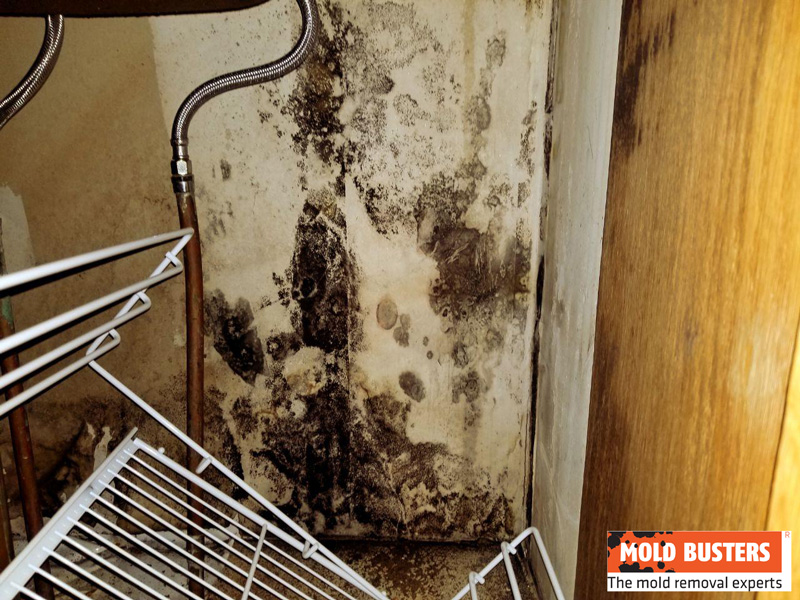






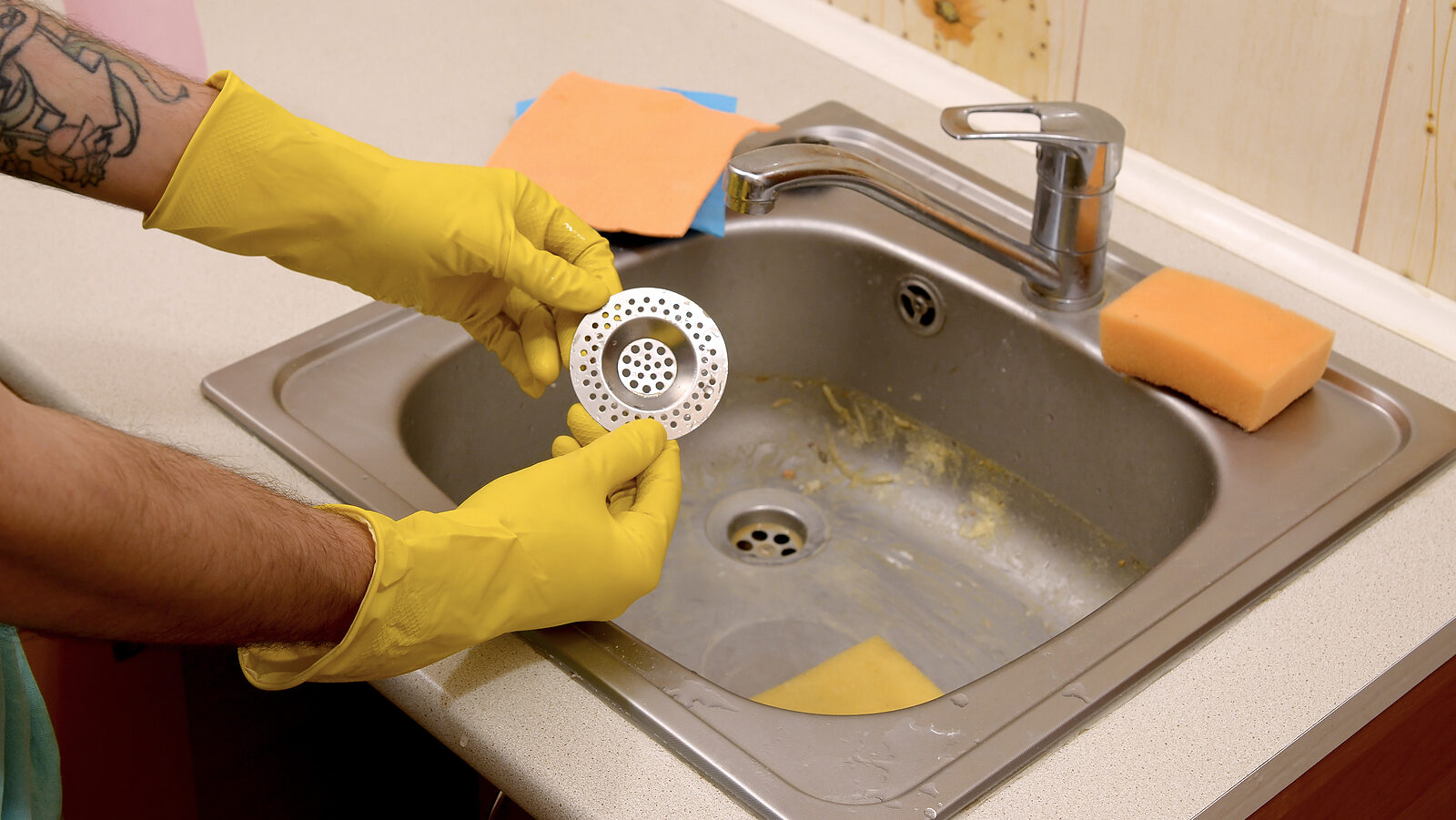
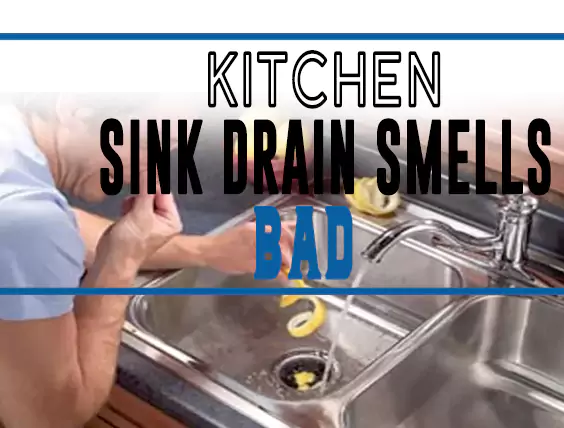
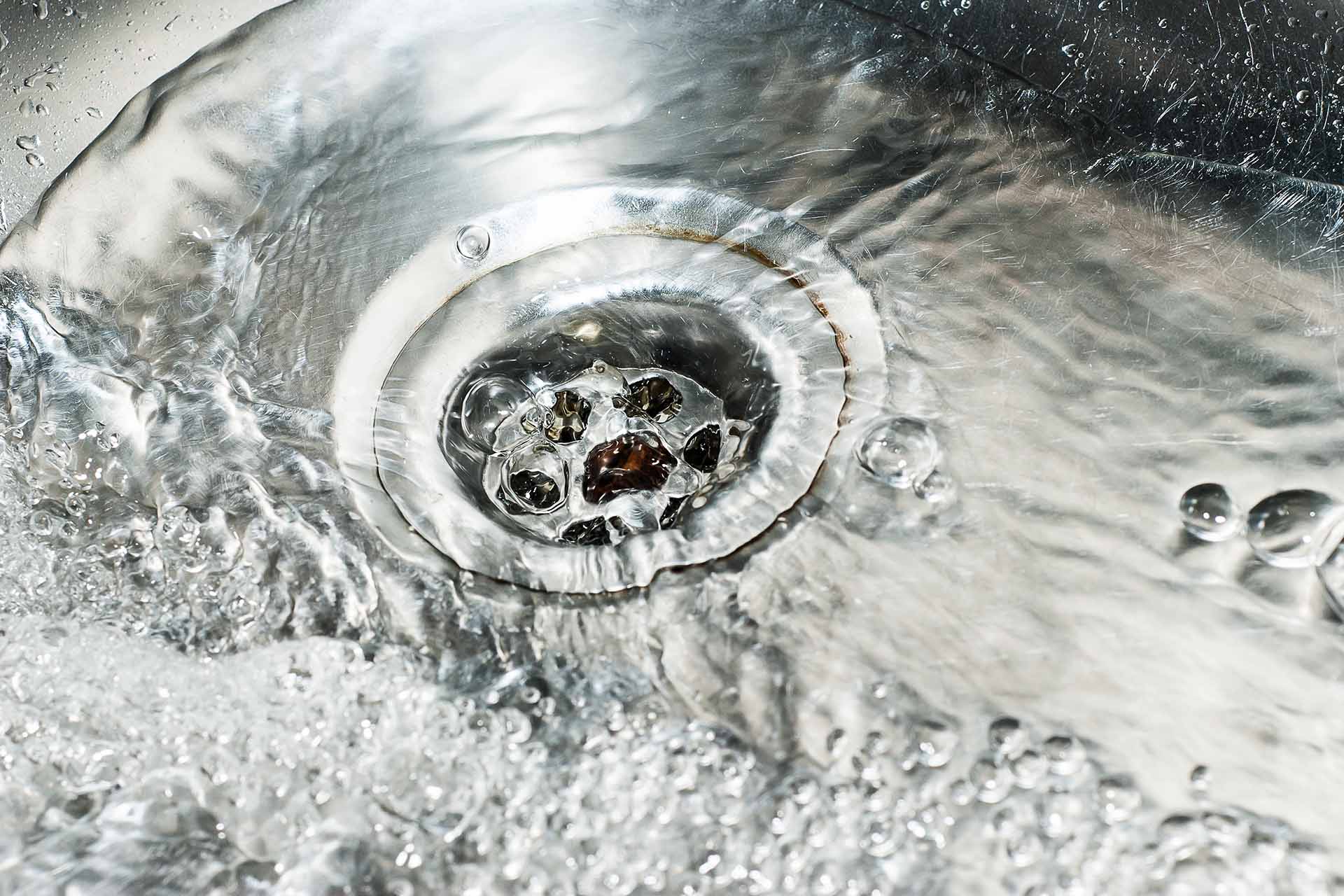






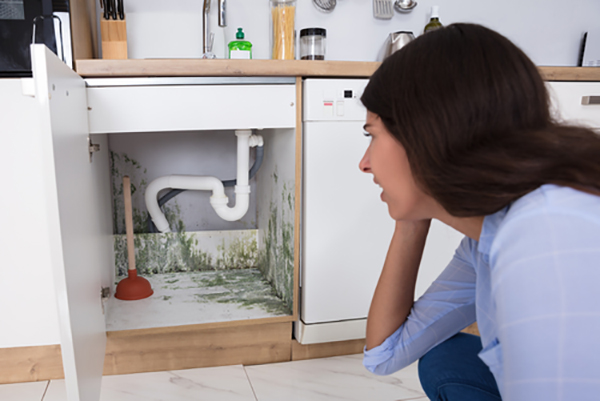


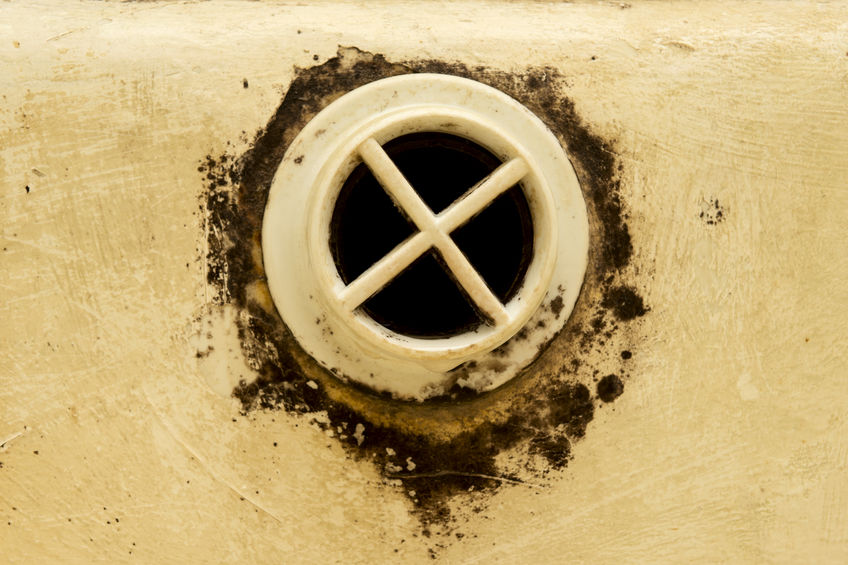





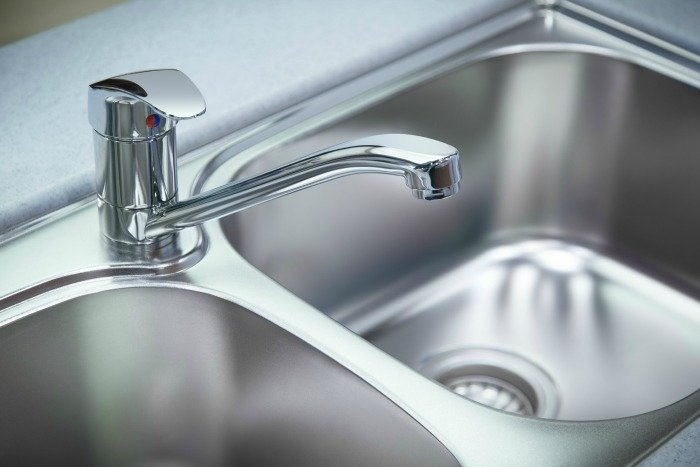







:max_bytes(150000):strip_icc()/freshen-and-unclog-drain-with-baking-soda-1900466-22-bbf940b70afa4d5abef0c54da23b1d3f.jpg)
:max_bytes(150000):strip_icc()/freshen-and-unclog-drain-with-baking-soda-1900466-18-1a5b5da01939471ca8f8823865bd1ce8.jpg)

